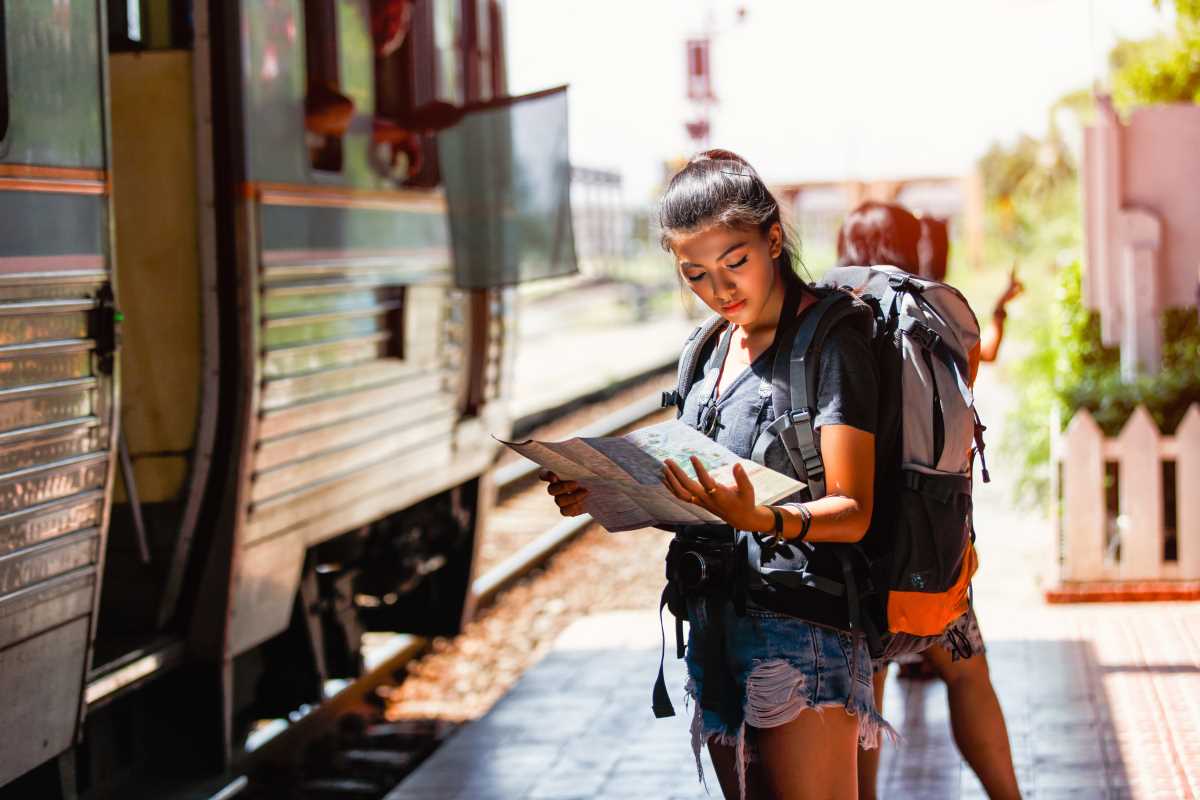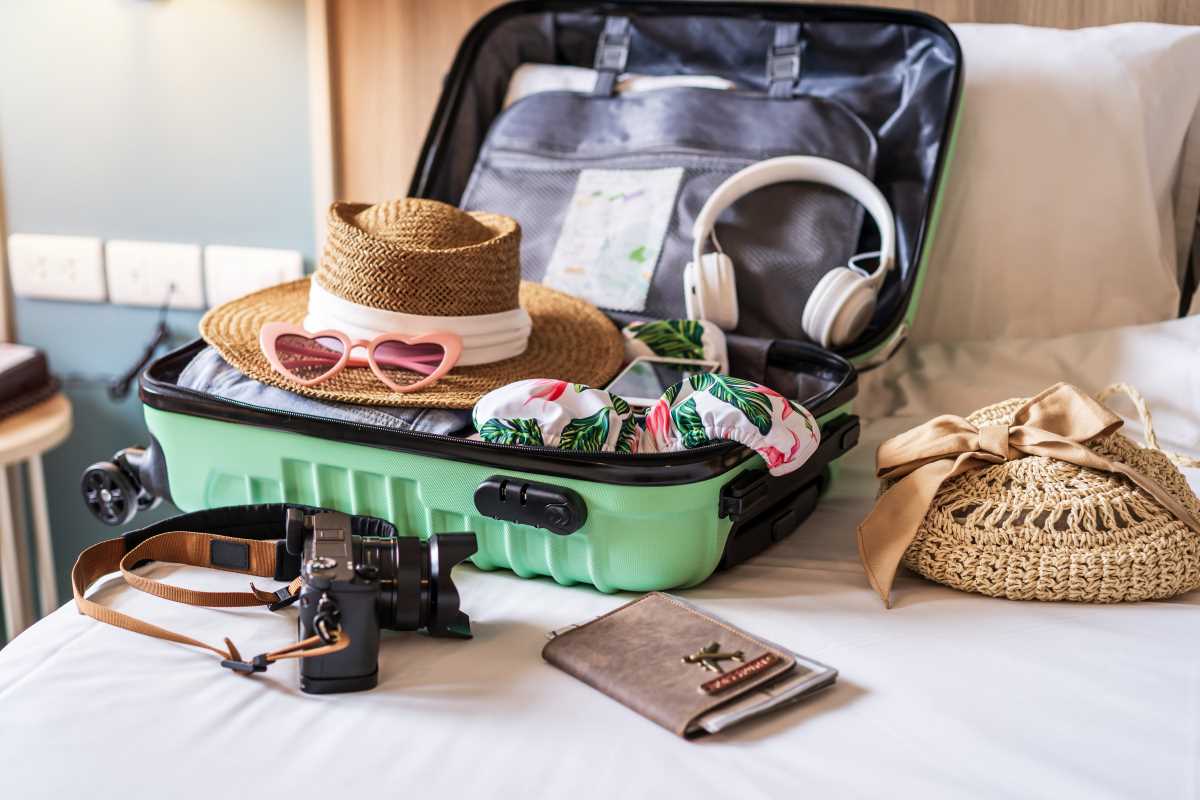Traveling solo is an incredible experience that allows you to explore the world on your own terms. It provides a chance to meet new people, discover hidden corners, and reflect without the influence of others. However, traveling alone also requires careful preparation to ensure your safety and enjoyment. With these detailed tips, you can set out with confidence and peace of mind.
Preparing for Your Solo Journey
1. Research Your Destination Thoroughly
Knowing your destination inside and out helps you navigate unfamiliar places with ease:
- Learn about local customs, cultural norms, and etiquette to show respect and avoid misunderstandings.
- Study maps of the area so you’re familiar with the layout of key spots like transportation hubs and tourist attractions.
- Check official government websites for travel advisories, safety updates, and recommended vaccinations.
This foundational knowledge can help you avoid risky areas and feel more comfortable exploring new places.
2. Create a Flexible Itinerary
While it’s important to have a plan, allow room for unexpected discoveries. Outline where you’ll stay, major attractions you want to visit, and how long you’ll be in each location. Share this information with a trusted friend or family member so they can track your whereabouts if needed.
3. Gather Essential Documents
- Ensure your passport is valid for at least six months after your planned return date.
- Make physical and digital copies of your travel documents, including your ID, travel insurance, and tickets. Store copies in separate locations for easy access.
- Know the visa requirements for your destination and apply well in advance if necessary.
Packing for Safety and Convenience
Traveling light can make your journey smoother, but packing the right items is crucial:
1. Practical Essentials
- Carry a fully charged power bank to avoid being stranded without a working phone.
- Include a compact first aid kit with basic items like adhesive bandages, pain relievers, and antiseptic wipes for minor injuries.
2. Smart Safety Gear
- Use a theft-resistant backpack or bag with hidden compartments.
- Bring a small doorstop for extra security in your hotel or hostel room.
3. Appropriate Clothing
- Research the local weather and pack layers to adapt to changing conditions.
- Choose neutral or modest clothing that blends in with the local population to avoid drawing unwanted attention.
Staying Safe on the Road
1. Rely on Your Intuition
If something feels unsettling, trust your gut and remove yourself from the situation. Avoid overly risky behavior, such as wandering into unknown areas late at night or sharing personal details with strangers.
2. Minimize Standing Out as a Tourist
Tourists are often targets for scams. To reduce this risk:
- Walk confidently, even if you feel lost, and discreetly consult maps on your phone rather than unfolding a large paper map.
- Avoid wearing flashy jewelry or displaying expensive gadgets openly.
3. Learn About Local Scams
Common scams might include overcharging in taxis, fake tour guides, or pickpocketing schemes. By knowing what to expect, you can avoid falling prey to these tactics.
Navigating as a Solo Traveler
1. Transportation Safety
- Use official taxis, ride-hailing apps, or public transportation recommended by locals or your accommodation staff.
- Confirm the cost of a ride before getting into a taxi to avoid disputes later.
2. Choosing Accommodations
- Look for accommodations with strong safety reviews. Prioritize places with good lighting, secure locks, and 24-hour staff availability.
- Consider staying in hostels or guesthouses with communal spaces where you can meet other travelers.
3. Dining Alone with Confidence
Eating alone can be an enjoyable experience. To make it more comfortable:
- Bring a book or journal to keep yourself entertained while waiting for food.
- Sit at the bar or counter if the restaurant has one, as these spots often feel more social and casual.
Staying Connected While Abroad
1. Keep Friends and Family Informed
Regular updates can ease their worries:
- Send a quick text or photo update after arriving at each new destination.
- Use location-sharing apps to let loved ones know where you are in real-time.
2. Stay Online with Reliable Tools
- Purchase a local SIM card or ensure your phone is set up with an international plan before departing.
- Download offline maps for areas where internet access might be limited.
Emergency Preparedness
Even with thorough preparation, unexpected situations can arise. Be ready with the following strategies:
1. Know Emergency Contacts
- Save local emergency numbers for police, medical services, and your country's nearest consulate or embassy.
- Write these numbers down and keep them handy in case your phone becomes inaccessible.
2. Financial Safety Measures
- Divide your cash and cards into different locations, such as your wallet, a hidden money belt, and your luggage.
- Keep a small amount of local currency for immediate needs.
3. Health Precautions
- Carry a list of medications you take, including their generic names, in case you need refills while abroad.
- Familiarize yourself with the location of nearby hospitals or clinics.
Maximizing the Joy of Solo Travel
While safety and preparation are key, don’t lose sight of the experiences that make solo travel memorable:
- Document Your Journey: Take photos, jot down your thoughts in a travel journal, or start a blog to reflect on your adventures.
- Connect with Locals: Learn about the culture by chatting with shopkeepers, tour guides, or fellow travelers. A simple conversation can lead to valuable recommendations or friendships.
- Be Open to New Experiences: Whether it’s tasting an unfamiliar dish or joining a spontaneous group hike, these moments often become the highlights of your trip.
Exploring the World with Confidence
Solo travel is a chance to immerse yourself in new surroundings while discovering your own strengths. With careful planning, a keen sense of awareness, and the right mindset, you can explore confidently and make memories that last a lifetime. Start small if you’re hesitant, but don’t let fear hold you back from experiencing the world on your terms.
 (Image via
(Image via





